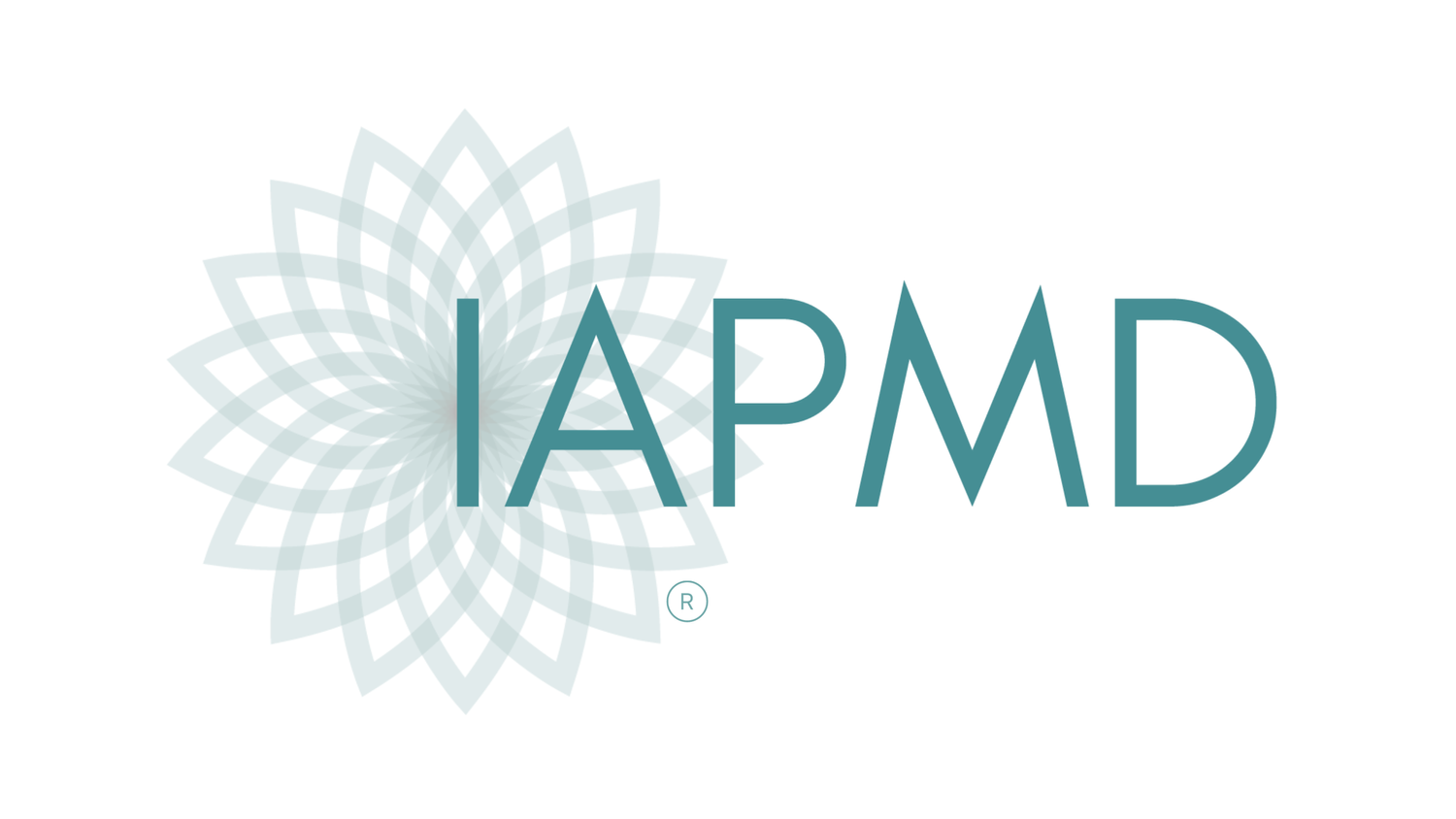PMDD, PME, and the Legal System
TRIGGER WARNING This article, section, and pages it links to contains information about violence which may be triggering to those living with PMDD. In this article, we will begin exploring PMDD and PME within the settings of the legal system. As fellow sufferers, we understand that this is a difficult subject area and may be upsetting to some. Please practice self-care and reach out for support as need.
For many with PMDD, Premenstrual Dysphoric Disorder can already feel like a prison sentence. As hormones begin to rise and fall during the luteal phase of the ovulation cycle, those with PMDD begin to feel acute symptoms of irritability, anxiety, tension, depression, and (for some) hostility/aggression. So what happens when someone in a PMDD episode commits a punishable crime such as theft, assault, or even murder?
As the number of women in US prisons has been increasing at twice the rate of growth for men since 1980, it is imperative to examine if underlying reproductive or premenstrual illnesses may be contributing to this concerning trend.
In 2012, Rosanna Langer of the Department of Law & Justice at Laurentian University of Ontario Canada published a paper in the International Journal of Criminology and Sociology titled “That Time of Month:” Premenstrual Dysphoric Disorder in the Criminal Law-Another Look. In this paper, Langer argues that women suffering from PMDD ought to have available to them a range of legal defenses that accurately reflect culpability.
While there are a limited number of cases that reference PMDD, there are a number of recent cases where “Severe Premenstrual Syndrome (PMS)” has been cited as a defense and/or mitigating factor. Most recently, the Rajasthan High Court in India acquitted a woman accused of murder on the ground that she was suffering from “insanity triggered by Premenstrual Syndrome” at the time she committed the crime.
While PMS is not clearly defined as a disorder, PMDD has been clearly defined by the American Psychiatric Association Statistical Manual of Mental Disorders (DSM-IV). It is also clear that a global distinction between the two conditions is made and understood both medically and legally. While there is often unfounded yet continued debate over whether or not PMDD should be a diagnosis at all, understanding the pathology and symptoms of PMDD is important when it comes to not only treatment but also the court of law.
“Evolution of PMDD as a distinctive form of psychiatric disorder warrants a new consideration of the dual feminist concerns about the invisibility of women in criminal law theory and the undue labeling of all women.”
The acceptance of PMDD as a distinctive form of psychiatric disorder warrants consideration of how this disorder can affect the wellbeing and mental state of the those who have them. While the majority of those with PMDD will not commit a crime or act of violence, studies have shown that menstruation may be associated with antisocial behavior and increases in criminal, aggressive and rule-breaking behavior suggesting a lack of criminal responsibility.
The late Dr. Katherine Dalton acted as an expert witness in many high-profile criminal cases. She had first studied the syndrome while a GP in north London, and later ran the world's first PMS clinic. Dalton described depression, irritability, and temporary psychosis as the three most common PMS symptoms in women who have committed illegal activities and patterns of criminal behaviors.
Currently, “insanity triggered by PMS” (not our choice of words) is reportedly recognized in France, the UK, and a small number of other countries. In the US, however, attempts to apply this defense is met with resistance, mainly by organizations that fear it would perpetuate the image of a woman as a slave of her hormones. What can not be ignored, however, is the rapid increase of women in the legal system and the mental health gender gap.
PME
While PMS is not a mental illness, any mental illness can be exacerbated or made worse during the luteal phase. This is known as Premenstrual Exacerbation (PME) of underlying mood disorders. Both PMDD and PME are classified as core premenstrual disorders and each can have a severe impact on a woman’s behavior, judgment, and impulsivity.
Moving forward
It is imperative to understand that having PMDD or citing it as a mitigating factor is not pathologizing a women’s normal cyclical changes or being used to derogate women. It is also important to understand the impact of living with PMDD or PME may have on a woman’s ability to afford and procure legal assistance. Due to these concerns, IAPMD is seeking funding opportunities to investigate the need for legal support and services for legal cases where a core Premenstrual Disorder (PMD) is a mitigating factor. Furthermore, future funding may be sought to support an education and intervention program for women who are already in the prison system. Community support of this important issue can accelerate change and positively impact the lives of those who suffer.


